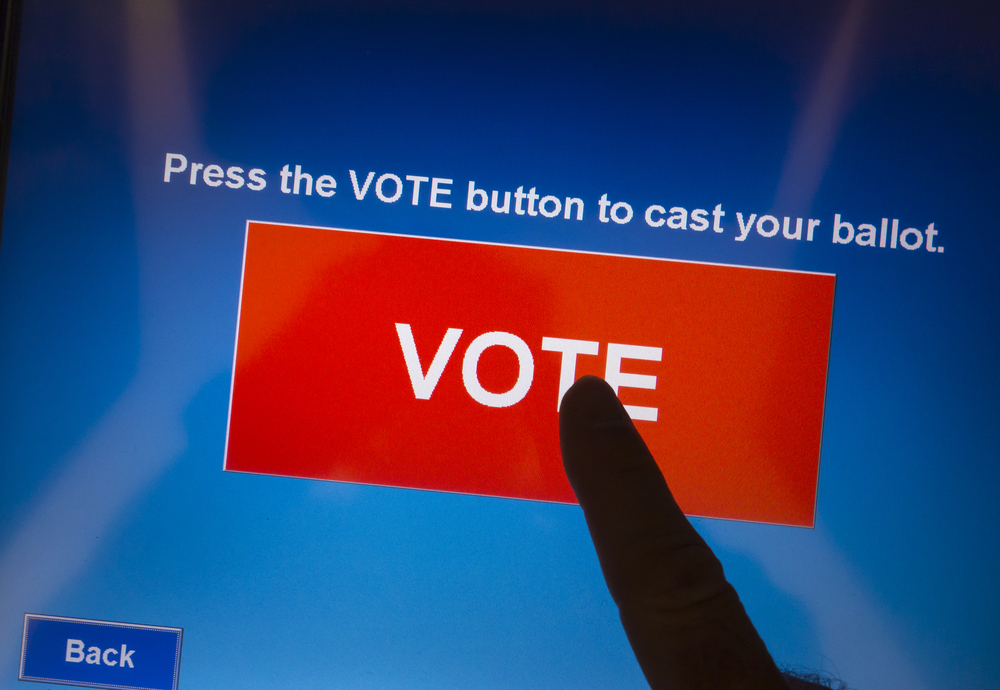Tsukuba in Japan has proclaimed itself to be the country’s first city to use a blockchain-based voting system, albeit to mixed reviews.
The world is moving towards becoming a paperless society. Concerns such as wastage, time-consuming processes, like filing, and overall expense and environmental impact are pushing countries to come up with alternative ways to increase productivity with the assistance of technology.
This is where blockchain comes in. Long revered for its intrinsic characteristics like immutability and transparency, it’s no wonder that some countries are using it in certain voting processes. December 2017 saw Russia announce plans to roll out a blockchain-assisted e-voting system after Estonia had tested something similar.
We also recently reported that Kenya would use the technology in their election voting process. The transparency offered by blockchain is a definite drawcard for countries where political distrust and alleged corruption are rife.

Increasing Popularity of Blockchain-Based Voting
According to the Japan Times, the city of Tsukuba in the East Asian country is next in line to embrace blockchain voting. By combining Japan’s My Number identification system and blockchain technology, the city has used the new online system for participants to vote for social contribution initiatives.
The city’s mayor, Tatsuo Igarashi, gave feedback after casting his vote:
I had thought it would involve more complicated procedures, but I found that it’s minimal and easy.
However, as with most new projects, there were a few teething problems. A human issue that arose was that some voters forgot their passwords. A second problem was that authorities found it difficult to determine if votes had been counted. Because of this, Prof. Kazunori Kawamura of Tohoku University said:
Due to fears of errors, administrative organizations and election boards are likely to find it difficult to introduce these (systems).
The professor doesn’t believe that this is the end of the road though. As someone who understands e-voting, he added:
It’s necessary to first enhance their reputation by using it for voting by expatriates.
Global Innovation
This is exactly what the US state of West Virginia is doing. By using blockchain technology, they are allowing military personnel who are citizens of the state but deployed overseas to vote in the upcoming November midterm elections. This system has been tested in the state already and deemed a success.
If the same can be said after November, it stands to reason that blockchain-based voting has a good chance of being implemented all over the country.
Do you think that blockchain voting will soon be globally adopted? Let us know in the comments below!
Images courtesy of Pixabay, Shutterstock




